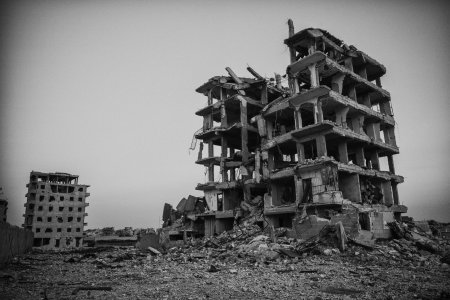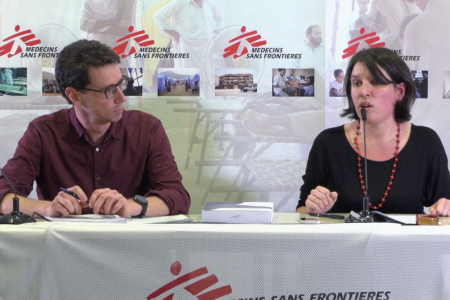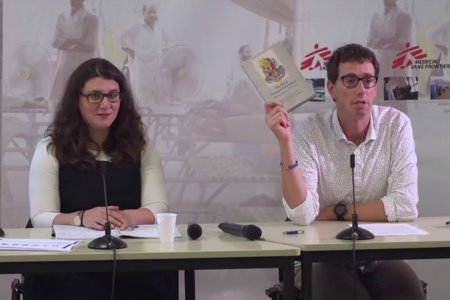
The quantification of needs
Joël Glasman
Combining historical research and ethnographic investigations, the Africanist historian Joël Glasman plunges us into the factory of the homo humanitarianus, the average individual, on the basis of which "needs" and aid projects today are assessed. This conversation took place on December 10th 2020, during a conference-debate at Crash.
How did humanitarian organisations come to describe and measure the suffering of victims using numerical indicators ? When did impartiality become synonymous with allocating aid on the basis of universally quantifiable, comparable and prioritised needs ? What are the power struggles, conflicts of interest and value at the origin of the "universal minimum standards" of the SPHERE project? How did a three-colored plastic bracelet, the MUAC, become one of the key instruments for measuring and qualifying the severity of a nutritional crisis?
These questions are central to the latest book by the Africanist historian Joël Glasman entitled Humanitarianism and the Quantification of the Human Needs. Minimal Humanity (Routledge Humanitarian Press, 2019). Combining historical research and ethnographic investigations, he immerses us in the factory of the homo humanitarianus, the average individual, on the basis of which "needs" and aid projects are assessed today. He told us about it on December 10th, 2020, during this conference and debate.
To cite this content :
Joël Glasman, “The quantification of needs”, 10 décembre 2020, URL : https://msf-crash.org/en/conferences-debates/quantification-needs
If you would like to comment on this article, you can find us on social media or contact us here:
ContributePast events
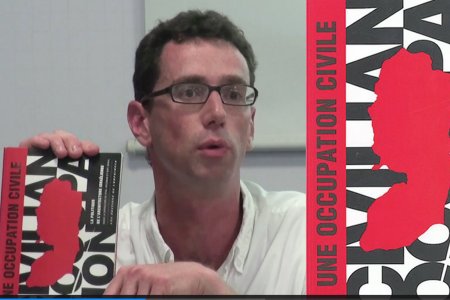 Conference
Conference
Eyal Weizman - Forensic Architecture at work
02/15/2016 - 07:00 PM 09:30 PMEyal Weizman, the founder of « Forensic Architecture » at the Goldsmiths College (University of London) came to present the project as well as a number of his works at a MSF - Crash conference organised at MSF.
 Conference
Conference
The polio eradication campaign put to test
02/04/2014 - 01:30 PM 07:30 PMThe polio eradication campaign has indeniably and remarkably succeeded in tumbling down the number of polio cases worldwide. But difficulties currently faced by the Programme -pockets of social resistance in several countries, reinfection of some countries, outbreak of epidemics associated with strains of vaccine-derived polio viruses- indeed challenge one of the main assumptions underlying the objective of the eradication itself : the full compliance of an entire population to a public health program.
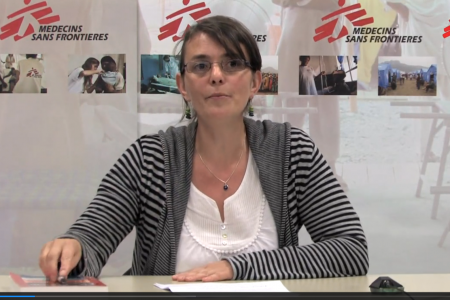 Conference
Conference
Living a Natural Disaster
11/03/2010 - 07:00 PM 09:00 PMPeople wandering through the rubble in Haiti, arms outstretched begging for help amid the floods in Pakistan: the media coverage of disasters invariably features helpless victims, overwhelmed by the disaster, waiting to be helped...
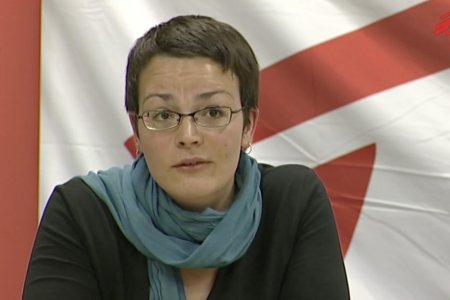 Lena Mucha
Conference
Lena Mucha
Conference
From their point of view
03/10/2009 - 07:00 PM 09:30 PMThe reasons why we are accepted, tolerated or sometimes rejected in the contexts where we work are often obscure. Caroline Abu-Sada and her team of sociology student shed some light on these issues.
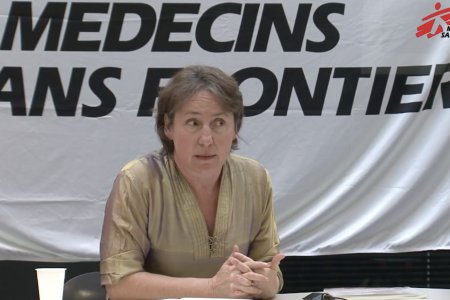 Jacob Zocherman
Conference
Jacob Zocherman
Conference
Grounds for divorce ? MSF and the international criminal court
04/08/2009 - 08:30 PM 10:30 PMIn 1998 MSF decided to support the creation of the International Criminal Court. 10 years later MSF stated that it ‘would not cooperate and would not transmit any information to the ICC'. How can we explain this change of position?


